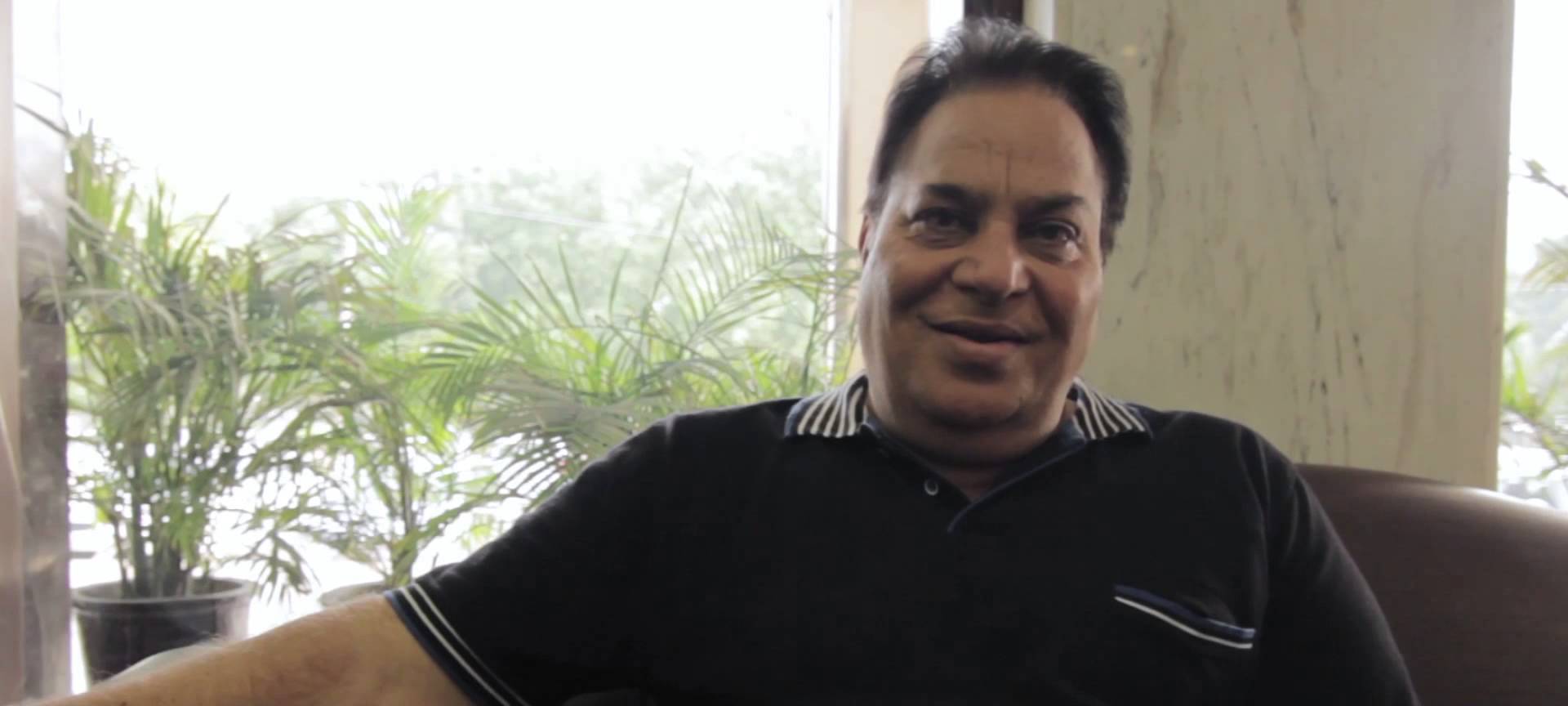


The First Action Report(FIR) against actor Rana Jung Bahadur has been revoked by the Punjab and Haryana High Court which accused him for derogatory remarks against Saint Valmiki, the author of Ramayan. This case has raised several questions regarding freedom of expression and religious narratives.
The Allegations and Legal Proceedings
In 2022, an FIR was lodged against Rana Jung Bahadur under Sections 295 (injuring or defiling a place of worship) and 295A (deliberate and malicious acts intended to outrage religious feelings) of the Indian Penal Code (IPC), along with provisions of the Scheduled Castes and Scheduled Tribes (Prevention of Atrocities) Act (SC/ST Act). The actor faced allegations for referring to Sage Valmiki as a "dacoit" (bandit) during an interview—a comment that went viral on social media and sparked outrage among certain communities.
High Court’s Observations and Ruling
Justice Pankaj Jain, who presided over the case emphasized that stating this well-known narrative cannot be grounds for prosecution. "The tale regarding the transformation of Maharishi Valmiki is part of folklore and scriptures, though it may not be to the liking of the complainant," the Court observed.
In quashing the FIR, the Court reasoned that the essential elements required to establish the offences under Sections 295, 295A of the IPC, and the SC/ST Act were absent. The Court referenced past judgments, including a notable case, Tilak Raj vs. State of Punjab, which highlighted similar references to the transformation of Valmiki in judicial decisions. As Justice Jain pointed out, "These references in Maru Ram and others v. Union of India and others and Rakesh Kaushik v. BL Vig also refer to the transformation of Bhagwan Valmiki from dacoit to revered saint."
Justice Jain further elaborated on the concept of divinity in India, noting, "Whichever religion it may be, the worshiped Gods were born as humans. Owing to their contributions to the society and the strength of their character, they attained divinity. Inspired by them and believing numina, people started worshiping them. The journey from ‘Nar to Narayan’ is not only embedded in the ethos of India but is also true to the religions born outside India."
The High Court also drew on the Supreme Court's judgment in Mahendra Singh Dhoni v. Yerraguntla Shyamsundar, which clarified the scope of Section 295A of the IPC. The Supreme Court had held that this section does not encompass every act of insult or attempt to insult religious beliefs. Instead, it punishes only those acts that are perpetrated deliberately with the malicious intent of outraging religious beliefs. This distinction was crucial in the High Court’s decision to quash the FIR against Bahadur.
Conclusion
By quashing the FIR, the Supreme Court has highlighted and upheld the freedom of speech and expression in the Rana Jung Bahadur case despite its relation to religious narratives. The court emphasized that religious stories can be viewed differently by different people and they should not be prosecuted for it.
TAGS: Punjab and Haryana High Court Rana Jung Bahadur freedom of expression folklore religious history FIR quashed prosecution religious texts miscarriage of justice